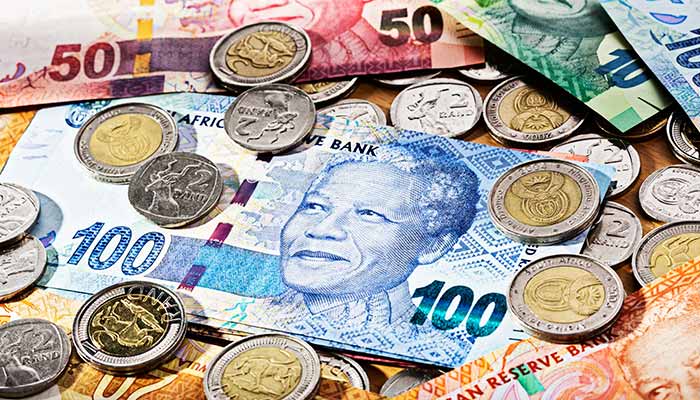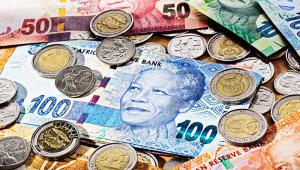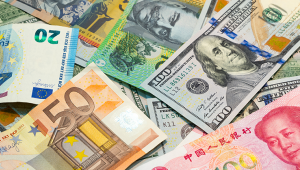web_southafricanrand_istock_22465042_large.jpg

South African rand (photo: iStock)
Moody’s changed its rating to Ba2 from Ba1, and Fitch changed its rating from BB to BB-, with each recording a ‘negative’ outlook – meaning the ratings are likely to continue to decline.
Standard & Poor’s maintained its junk rating, also maintaining a ‘stable’ outlook, meaning all together the ‘big three’ agencies have given South Africa its worst credit rating since it became a democracy in 1994.
The key driver behind the downgrade was the economic shock caused by Covid-19, with the agencies making particular mention of South Africa’s rising debt (Moody’s expects its debt to reach 110% of GDP by 2024, up from 70% in 2019).
A note from the country’s Treasury blamed the increasing debt on weak economic growth, a high public wage bill and the frequent support it gives to “financially weak” state-owned enterprises.
These SOEs, particularly the beleaguered power company Eskom, were mentioned by the agencies as a “particular source of further contingent liability risk for the government”.
Finance minister Tito Mboweni called the decision “painful”.
“The downgrade will not only have immediate implications for our borrowing costs, it will also constrain our fiscal framework,” he said.
“There is, therefore, an urgent need for government and its social partners to work together to ensure that we keep the sanctity of the fiscal framework and implement much-needed structural economic reforms to avoid further harm to our sovereign rating.”
He later tweeted that the ratings agencies should abide by boxing’s ‘Queensbury Rules’ during the pandemic.
“You do not continue to beat up somebody who is on their knees. You do not. It is the rule,” he said.
“Civilised people abide by that rule in business, sports and politics. Ratings agencies should treat us the same way during a global crisis.”
There is something called the Queensbury Rule. You do not continue to beat up somebody who is on their knees. You do not. It is the rule. Civilized people abide by that Rule in business, sports and politics. Ratings Agencies should treat us the same way. During a global crisis!
— Tito Mboweni (@tito_mboweni) November 22, 2020
South Africa currently has around 4trn rand (£190bn) in debt and the government spends around 226bn rand (£11bn) on interest.
A statement from the Treasury explained that if borrowing becomes more expensive, the government “will have to either cut back on social spending or further tax the few people that are employed, which is bad for the country”.













